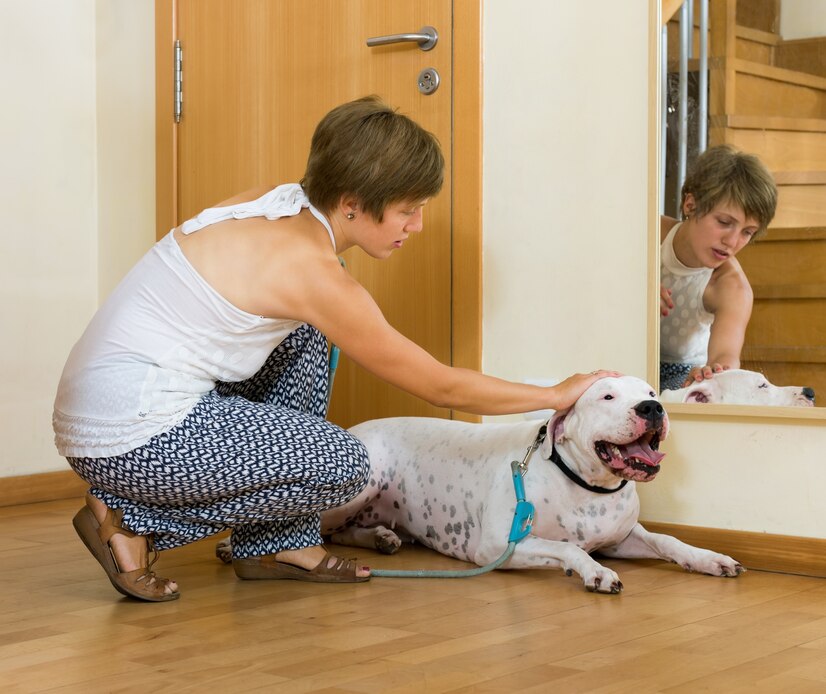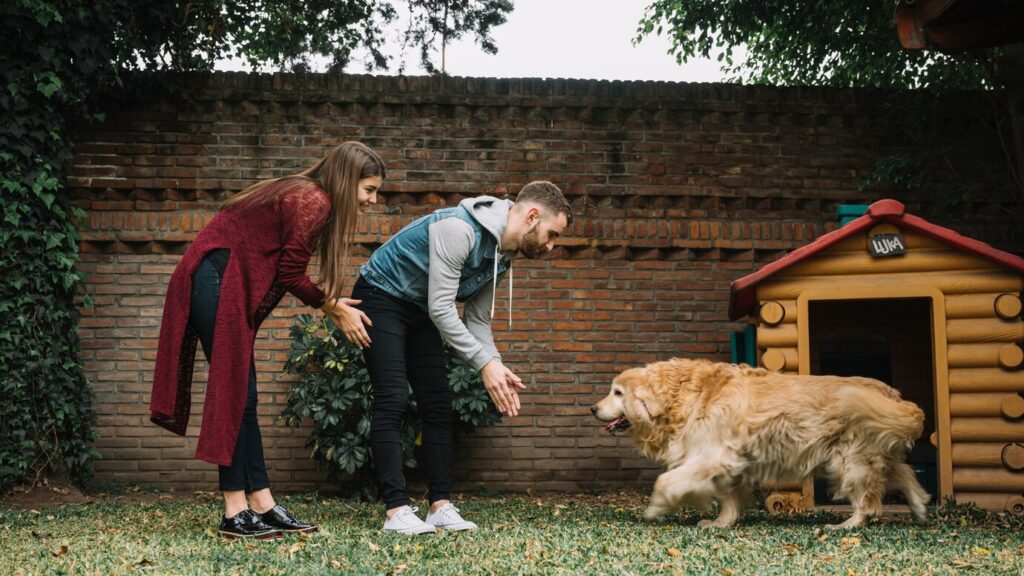The loss of a beloved pet can leave an immense void in our hearts. The companionship, unconditional love, and unwavering loyalty they offer are irreplaceable. However, as time heals, the thought of welcoming a new furry friend into our lives may offer a path towards healing and renewed joy.
This article aims to guide those who have recently experienced the loss of a pet, helping them determine if and when they are ready to open their hearts to a new companion. It will explore the emotional, practical, and ethical considerations involved in this decision, providing a compassionate and thoughtful approach to finding solace in another furry friend.
The Grieving Process: Honoring Your Loss
Before considering a new pet, it’s crucial to allow yourself the time and space to grieve your loss fully. The pain of losing a pet is real, and suppressing emotions can hinder the healing process. Talk to friends, family, or even a therapist who understands the human-animal bond. Engage in activities that honor your pet’s memory, such as creating a photo album or donating to an animal shelter in their name.

Signs You Might Be Ready
While there’s no set timeline for when you’ll be ready for a new pet, certain signs may indicate you’re open to the idea:
- You find yourself smiling at the thought of having a pet again: A gentle tug at your heartstrings when you see a playful puppy or a cuddly kitten could be a sign that you’re ready to welcome that joy back into your life.
- Your home feels empty without a pet’s presence: The silence and lack of furry companionship may feel overwhelming.
- You have the emotional energy to care for another animal: Grieving takes a toll, but if you find yourself with renewed energy and a desire to nurture, it might be time.
- You’re ready to create new memories: The thought of new adventures, walks in the park, or cozy evenings on the couch with a furry friend excites you.
Practical Considerations
Beyond the emotional readiness, there are practical factors to weigh before adopting a new pet:
- Time Commitment: Do you have the time to devote to training, exercise, and play? Different pets have varying needs.
- Financial Resources: Can you afford food, vet care, toys, and other essentials? Pet ownership comes with financial responsibilities.
- Lifestyle: Does your living situation accommodate a pet? Consider your housing, work schedule, and activity level.
- Preferences: What type of pet suits your personality and lifestyle? Research different breeds or species to find the perfect match.
Choosing Your New Companion
When you feel ready, the next step is finding your new furry friend. Here are a few avenues to explore:
- Animal Shelters and Rescues: Shelters are full of loving animals eager for a second chance. You’ll be giving a home to a deserving pet and supporting a good cause.
- Breed-Specific Rescues: If you have a particular breed in mind, consider breed-specific rescues.
- Reputable Breeders: If you’re set on a purebred pet, research carefully to find ethical breeders who prioritize the health and well-being of their animals.
- Foster Programs: Fostering allows you to test the waters without a long-term commitment. It’s a great way to see if you’re truly ready for a new pet.
Creating a Welcoming Environment

Before bringing your new pet home, prepare your house to make them feel safe and loved:
- Pet-Proof: Remove any potential hazards, secure toxic substances, and create a comfortable space for your new companion.
- Gather Supplies: Stock up on food, bowls, toys, a leash, a collar, and a comfortable bed.
- Research Care: Read up on the specific needs of your chosen pet, including diet, exercise requirements, and grooming.
The Healing Power of Pets
Welcoming a new pet into your life after loss can be a profound experience. While your new companion won’t replace the one you lost, they can offer comfort, companionship, and a renewed sense of purpose. The unconditional love of a pet has a remarkable ability to mend broken hearts and bring joy back into your life.
Remember, this journey is unique to you. There’s no rush, and it’s essential to honor your feelings and make a decision that aligns with your emotional and practical readiness. When the time is right, a new furry friend may be the perfect way to celebrate the love you shared with your previous pet and embark on a new chapter filled with love, laughter, and wagging tails.
At Truffle Paws, we understand the profound impact pets have on our lives. Whether you’re remembering a beloved pet or welcoming a new one, we are here to support you every step of the way. Trust in the healing power of pets, and allow yourself to find joy and comfort in their companionship once again.







